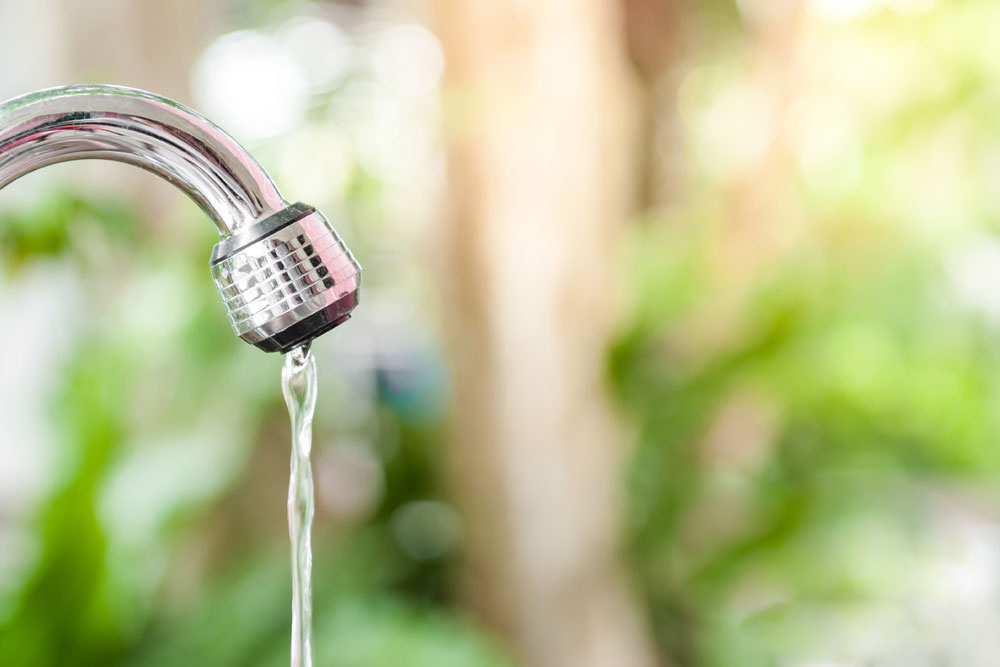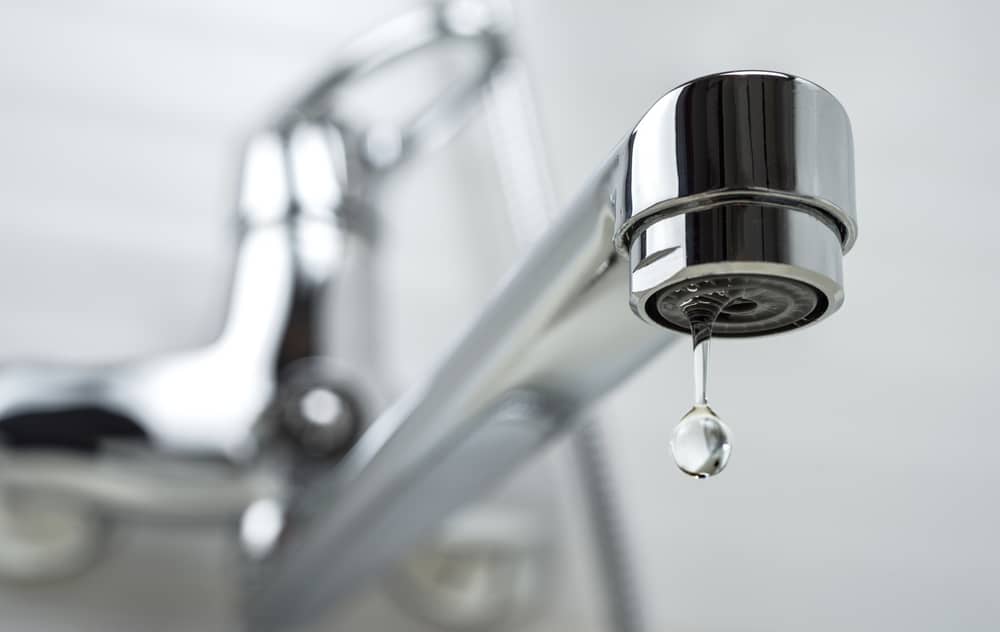Just how do you actually feel in regards to Low Water Pressure in the House??

Low water pressure in your house can be an irritating issue, influencing everything from bathing to cleaning dishes. If you're experiencing weak water circulation, there are numerous feasible causes and remedies to check out. In this guide, we'll talk about usual reasons for low tide pressure and sensible actions to resolve the concern effectively.
Introduction to Low Water Stress
Low tide pressure happens when the flow of water from your faucets, showers, and other fixtures is weaker than typical. This can make everyday tasks more tough and much less efficient. Recognizing the sources of low tide pressure is critical to locating the appropriate solution.
Typical Reasons For Low Tide Stress
Pipe Obstructions
With time, pipes can become obstructed with natural resource, sediment, or particles, restricting the circulation of water. This is an usual issue in older homes with galvanized steel pipelines.
Rust
Rust within pipelines can cause leaks and lowered water stress. Corrosion build-up can constrict water circulation, specifically in maturing plumbing systems.
Faulty Pressure Regulators
Stress regulators are responsible for maintaining constant water pressure in your house. If they malfunction, it can lead to low water stress or uneven circulation throughout your house.
Municipal Water Issues
Often, the trouble exists outside your home. Metropolitan water system problems, such as main line leaks or upkeep job, can momentarily minimize water pressure in your area.
How to Identify Low Tide Pressure
Inspecting Faucets and Components
Start by checking the water stress at various taps and fixtures throughout your home. If the concern is separated to certain locations, it may suggest local issues.
Evaluating Pipelines
Examine visible pipelines for indicators of leakages, corrosion, or obstructions. Focus on any unusual audios, such as banging or rattling pipes, which can suggest problems within the plumbing system.
Consulting with a Plumber
If you're not able to identify the root cause of low water stress, think about hiring a professional plumber to conduct a comprehensive inspection. They can recognize underlying problems and recommend proper services.
Do It Yourself Solutions to Repair Low Tide Pressure
Cleansing Aerators and Showerheads
Mineral deposits can accumulate in aerators and showerheads, lowering water flow. Get rid of and clean these parts routinely to improve water stress.
Flushing Water Heater
Sediment buildup in the water heater can restrict circulation and lower efficiency. Flushing the container periodically assists eliminate sediment and maintain optimum efficiency.
Inspecting Stress Regulator
Make sure that the pressure regulatory authority is functioning properly. Readjusting or changing the regulator can help bring back correct water stress throughout your home.
Clearing Clogs in Water Lines
For minor clogs, try using a plumbing serpent or chemical drainpipe cleaner to clear blockages in pipelines. Beware when utilizing chemicals and comply with safety and security standards.
When to Call a Specialist Plumber
If do it yourself efforts stop working to solve the concern or if you presume substantial plumbing problems, it's best to seek aid from a licensed plumber. They have the knowledge and devices to deal with intricate issues securely and successfully.
Safety Nets to Maintain Water Stress
Regular Maintenance
Schedule routine upkeep for your plumbing system to avoid problems such as corrosion, leakages, and blockages. Addressing small troubles early can aid stay clear of even more substantial repair services in the future.
Installing a Pressure Booster
Take into consideration installing a stress booster pump to improve water pressure in locations with constantly low circulation. This can be especially beneficial for multi-story homes or homes with high-demand components.
Monitoring Water Usage
Bear in mind water usage habits and avoid ill-using the plumbing system. Straightforward adjustments, such as shocking showers and laundry tons, can aid keep ample water pressure.
Verdict
Managing low tide stress can be irritating, but recognizing the underlying causes and carrying out appropriate options can restore optimum flow throughout your home. Whether it's cleansing aerators, inspecting pipelines, or talking to a plumber, taking proactive steps can make sure a steady supply of water for your day-to-day requirements.
HOW TO FIX LOW WATER PRESSURE IN YOUR HOUSE (EXPERT GUIDE)
The morning shower lacking any real pressure? Bathtub taking hours to fill? Or maybe you’re dissatisfied with the inadequate performance from your combi boiler?
Then you, like millions of others across the UK, might be experiencing low water pressure.
Fortunately, the good news is that you don’t have to continue living this way. The cause of low water pressure in the home is often quite simple, and you may not even require a plumber to fix the problem.
What causes low water pressure in the house?
If you are experiencing issues with water pressure throughout your home, then you may have one of the problems outlined below.
Most of these problems can be fixed quite easily, but for others, you may need to contact a plumber.
Obstructed Shutoff Valve
If you’ve just bought a new home or recently had building work conducted on your property, there is a chance that your water valves were not fully opened.
If the water valve is partially closed, then you may be restricting the amount of water entering your home. To fix this, simply ensure the valve is fully open.
If the valve appears fully open but you are still encountering reduced water pressure, then the valve may be broken. If this is the case, do not under any circumstances try to fix it without proper training.
Often found under your kitchen sink, a water valve will usually look like a bright yellow handle.
Again, if you believe the water valve is broken, contact a plumber immediately.
Leaks in Your Water Pipes
Leaks are the worst-case scenario when it comes to low water pressure.
If the water pipes are damaged, then this will cause low water pressure, as not all the water will make it to your taps.
After you’ve checked to see if the valve is fully open, you can conduct a leak check of your home. Now, this may seem scary, but it is actually quite simple.
Clogged Water Pipes
Clogged water pipes are one of the most common causes of low water pressure.
These clogs usually build-up when your home is supplied water via iron pipes. Iron is particularly vulnerable to rusting which can then break off and cause an obstruction within your system. You also face the problem of things like dirt, gravel or sand entering creating mineral deposits which further block water flowing from the mains water supply.
Unfortunately, if you suspect that clogged pipes may be restricting your water supply, then you will need to contact a plumber.
In this situation, you will either need to have your pipes removed and cleaned or in more severe cases, you could require a new set of water pipes.
Designer Taps
Designer taps look fantastic, but are they built to be efficient in your plumbing system? Modern taps are built for modern homes and they often have lower flow rates that are specifically designed for use within high-pressure systems.
Install a Water Pressure Booster Pump
If the issue is simply that the mains water pressure supply is too low, the simplest fix is to invest in a booster pump. Found in homes of all shapes and sizes, booster pumps are a relatively cheap option to add extra pressure to your home.
Designed to increase water pressure by passing water into the pump from your mains supply and then ejecting it into your home water system at a higher pressure, a booster pump is a truly simple and effective solution to increasing water pressure.
https://www.anchorpumps.com/blog/the-plumbers-guide-to-fixing-low-water-pressure/

HOW TO FIX LOW WATER PRESSURE IN YOUR HOUSE (EXPERT GUIDE)
The morning shower lacking any real pressure? Bathtub taking hours to fill? Or maybe you’re dissatisfied with the inadequate performance from your combi boiler?
Then you, like millions of others across the UK, might be experiencing low water pressure.
Fortunately, the good news is that you don’t have to continue living this way. The cause of low water pressure in the home is often quite simple, and you may not even require a plumber to fix the problem.
What causes low water pressure in the house?
If you are experiencing issues with water pressure throughout your home, then you may have one of the problems outlined below.
Most of these problems can be fixed quite easily, but for others, you may need to contact a plumber.
Obstructed Shutoff Valve
If you’ve just bought a new home or recently had building work conducted on your property, there is a chance that your water valves were not fully opened.
If the water valve is partially closed, then you may be restricting the amount of water entering your home. To fix this, simply ensure the valve is fully open.
If the valve appears fully open but you are still encountering reduced water pressure, then the valve may be broken. If this is the case, do not under any circumstances try to fix it without proper training.
Often found under your kitchen sink, a water valve will usually look like a bright yellow handle.
Again, if you believe the water valve is broken, contact a plumber immediately.
Leaks in Your Water Pipes
Leaks are the worst-case scenario when it comes to low water pressure.
If the water pipes are damaged, then this will cause low water pressure, as not all the water will make it to your taps.
After you’ve checked to see if the valve is fully open, you can conduct a leak check of your home. Now, this may seem scary, but it is actually quite simple.
Clogged Water Pipes
Clogged water pipes are one of the most common causes of low water pressure.
These clogs usually build-up when your home is supplied water via iron pipes. Iron is particularly vulnerable to rusting which can then break off and cause an obstruction within your system. You also face the problem of things like dirt, gravel or sand entering creating mineral deposits which further block water flowing from the mains water supply.
Unfortunately, if you suspect that clogged pipes may be restricting your water supply, then you will need to contact a plumber.
In this situation, you will either need to have your pipes removed and cleaned or in more severe cases, you could require a new set of water pipes.
Designer Taps
Designer taps look fantastic, but are they built to be efficient in your plumbing system? Modern taps are built for modern homes and they often have lower flow rates that are specifically designed for use within high-pressure systems.
Install a Water Pressure Booster Pump
If the issue is simply that the mains water pressure supply is too low, the simplest fix is to invest in a booster pump. Found in homes of all shapes and sizes, booster pumps are a relatively cheap option to add extra pressure to your home.
Designed to increase water pressure by passing water into the pump from your mains supply and then ejecting it into your home water system at a higher pressure, a booster pump is a truly simple and effective solution to increasing water pressure.
https://www.anchorpumps.com/blog/the-plumbers-guide-to-fixing-low-water-pressure/
I am just very eager about 9 Reasons for Low Water Pressure in Your House and I am praying you enjoyed reading the article. Enjoyed our piece of writing? Please quickly share it. Let someone else check it out. Thanks a lot for going through it.
Instant Quote